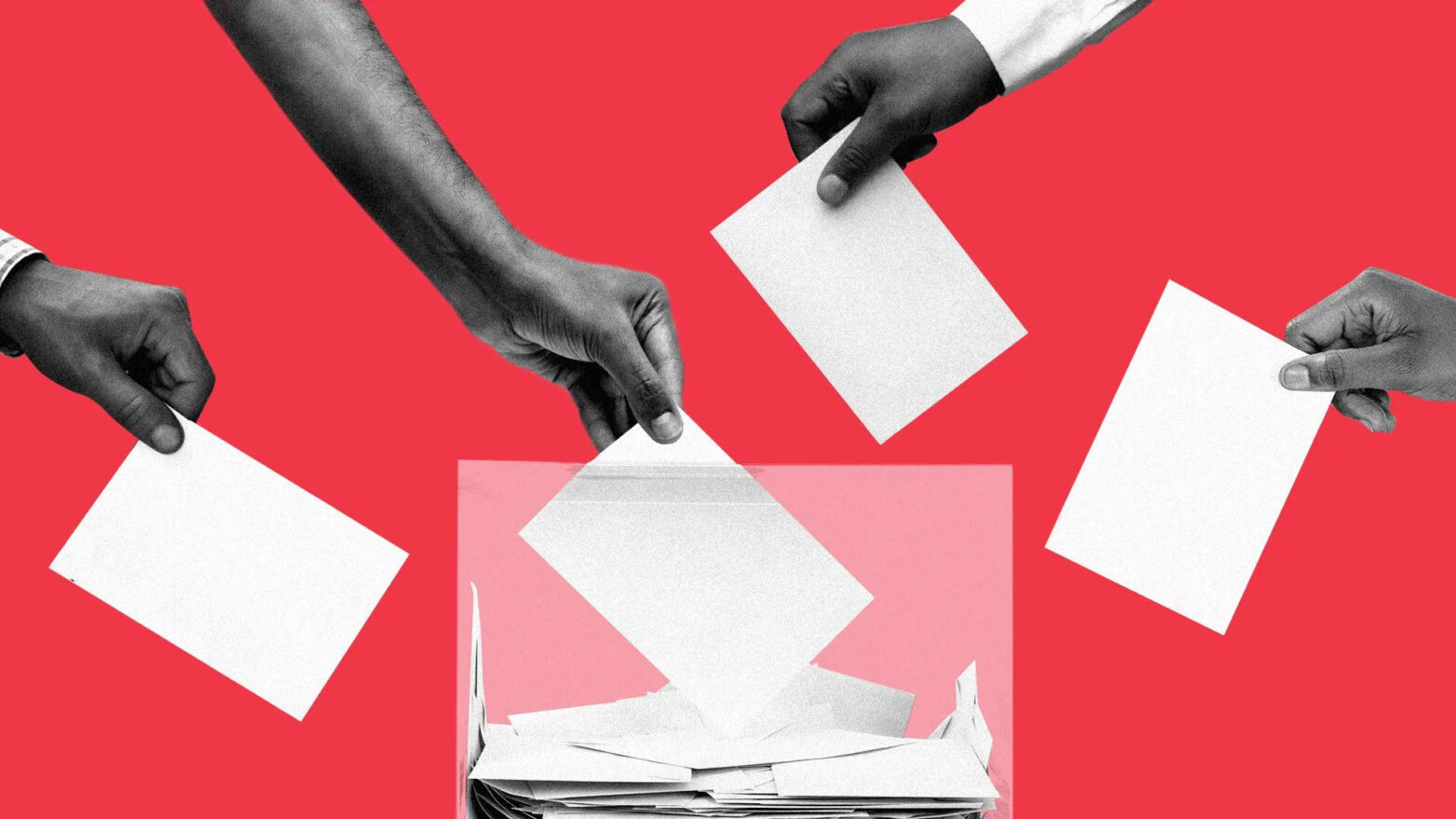We are encountering different usages of blockchain technology to make life easier and practical. For example, it is utilized for recording patients’ records, easing the work of healthcare staff. Also, it is used for protecting internet users from various cyber-attacks.
The number of fields that are getting help from the blockchain sector can be increased. Today, we focus on one of the important fields which can consider this technology: The government sector.
How Blockchain Can Be Utilized in the Government Sector?
Blockchain technology does not depend on a central authority, so it eliminates the disadvantages of centralization. For instance, it offers transparency and a secure environment for users. Furthermore, it gives importance to the protection of individuals and reduce costs. Hence, governments should consider the usage of the technology for improving countries.
Now, we want to explain the possible use cases of blockchain by governments detailly.

Blockchain Can Be Used for Electronic Voting
As you know, a lot of countries select the governmental people via public elections. Sometimes, these elections can be hard because people must vote in their place of residence, and this circumstance stands in expensive transportation tickets and time wasting. With this situation, there are also other negative sides of physical elections, like the difficulty for people with physical disabilities and security.
For decreasing the negative properties of physical elections and avoiding corruption, blockchain technology can be used effectively. People can vote via blockchain-based e-voting machines or software. This electronic service can be supported by the decentralized structure, immutability, and transparency of blockchains.
With e-voting, people do not need to go to somewhere other than where they live. Also, people with disabilities can get the opportunity to select their favorite political name(s) without leaving their homes. Furthermore, the voting counting process can become more accurate and quicker.

Blockchain Can Be Used for Land Registration
The current real estate sector is affected negatively because the sector is based on a centralized structure, and transparency is low in this sector. The reality can be solved and developed by blockchain technology in a good way.
Governments can work on the creation of blockchain-powered land registry systems. These systems can avoid time wasting and costs for land registrations. For example, verification can be shorter than the current process in these systems. In addition, issuing birth certificates, filing taxes, and other governmental procedures for land registration can be practical with blockchain.
Blockchain technology offers the same copy of the ledger between parties to everyone, so the possibility of fraud is very low within the technology. This circumstance can be considered for the ownership issue in land registration.

Blockchain Can Be Used for Digital Identity
As you know, identity is very sensitive, so protecting citizens’ identities is an important duty of governments. The protection can be done efficiently with blockchain technology because it is a secure way. Thanks to the security, governments can decrease the number of frauds and hacks related to identity.
Citizens should use their identities and share some personal information for accessing some services. Due to the situation, blockchain-based identity systems can be utilized. Within the systems, citizens can manage their digital identities easily, and these identities can be stored effectively.
For reducing the cost of identity verification, Turkey considered the development of a blockchain-powered digital identity app. Moreover, South Korea focused on blockchain-based digital IDs to make the country’s economy better. We hope that other countries also see the value of this technology in governmental activities.
Final Thoughts
Although some features of blockchain technology, like complexity, cause limitations for the usage in the government sector, this technology can be a significant element in the improvement of countries.
Some governments are dealing with the use of CBDCs and other digital assets for paying taxes and other services. We think that this technology should not be used for only in financial terms by governments. We can also use blockchain for other governmental activities.
 Irem B.
Irem B.












